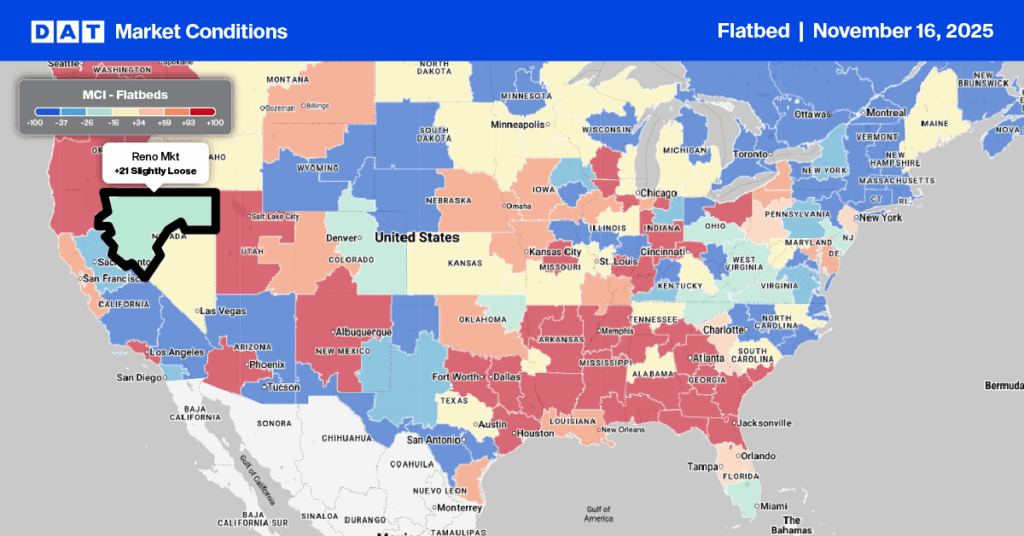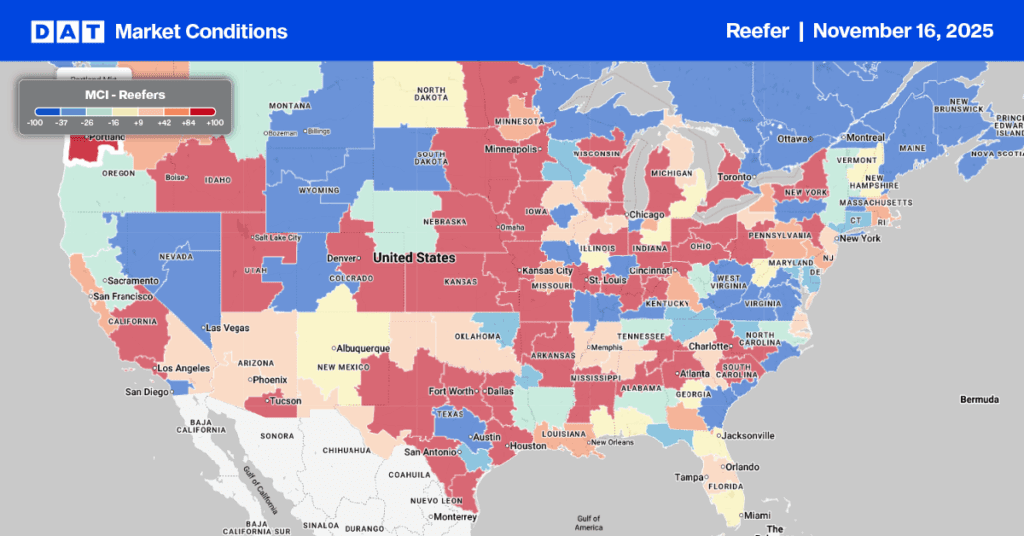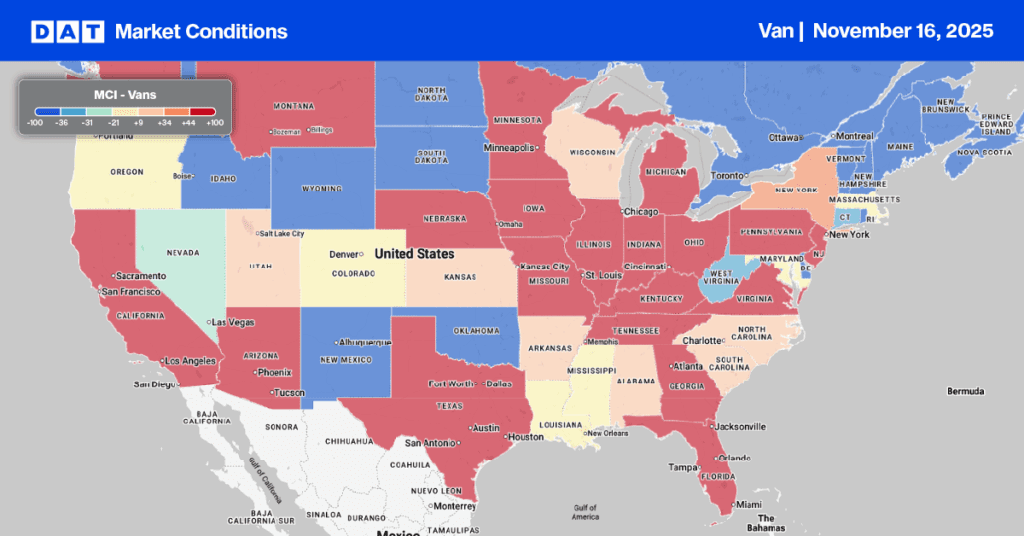Traveling throughout Europe (EU), it’s hard to miss the continent’s largest semi-trailer manufacturer on major highways. Schmitz Cargobull is that manufacturer, with approximately 26% of the market. Krone is next on the list and the most innovative. Together, these two companies account for more than 40% of trailer production in the EU, making technological advancement with either firm something to watch closely.
Last year Krone, in partnership with Trailer Dynamics, released a new trailer with an electrically powered axle. It’s an intriguing concept and one from which U.S. companies could benefit. Until now, trailers have essentially been dead weight – consuming significant energy to propel forward. The fuel difference between a fully laden truck with a 40,000-pound payload and one with a much lighter load can be as much as two miles per gallon. In rough terms, a lighter load or even an empty trailer could cost as much as 29% less.
Krone claims their electrified trailers can reduce a semi-trailer’s total diesel consumption and CO2 emissions by 20% to 40%. The powerful e-axle supports the semi-trailer tractor’s drive and recovers braking energy through recuperation. Trailer Dynamics promises fleet operators diesel savings of at least 20%. “That number is not made up out of thin air,” emphasized Trailer Dynamics CEO Michael Nimtsch. The diesel savings were achieved and documented on test tours accompanied by a testing organization.
The eTrailer can be towed by any truck
Trailer Dynamics and Krone have enhanced the trailer kingpin with the intelligence of numerous sensors, determining what drive power is needed for the trailer to keep up with the towing vehicle. These sensors cause the kingpin to support the tractor in drive mode and, at the same time, prevent the trailer from pushing the towing vehicle. The signals from the sensory kingpin are transmitted in real-time to the Vehicle Control Unit – the central control unit in the drivetrain of the trailer.
With the battery installed in the eTrailer – which has a capacity of 300 kWh – companies can cover distances of up to 500 kilometers (about 311 miles) in long-distance transport. Should the electricity run out, the driver can use the advantages of a plug-in hybrid as long as the charging infrastructure remains incomplete or, even better, conveniently recharge the batteries at the depot with an onboard charger.
In Germany, DB Schenker, a global leader in logistics, signed a cooperation agreement with Trailer Dynamics in October 2022. The logistics service provider will gradually roll out 2,000 eTrailers on different tractors in its European network beginning in 2024. The trailers can be equipped with batteries of 300 kWh, 450 kWh, or 600 kWh, depending on requirements.
It’s early days, and as always, there are many questions, such as the weight of the new technology and the resulting reduction in payload. Fuel savings and reduced tractor wear and tear could offset the weight penalty for motor carriers. More importantly for eco-conscious shippers, a smaller carbon footprint may add another dimension to contract negotiations.


